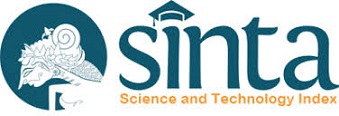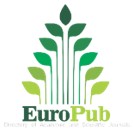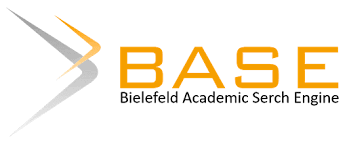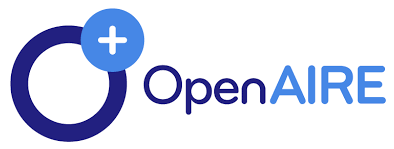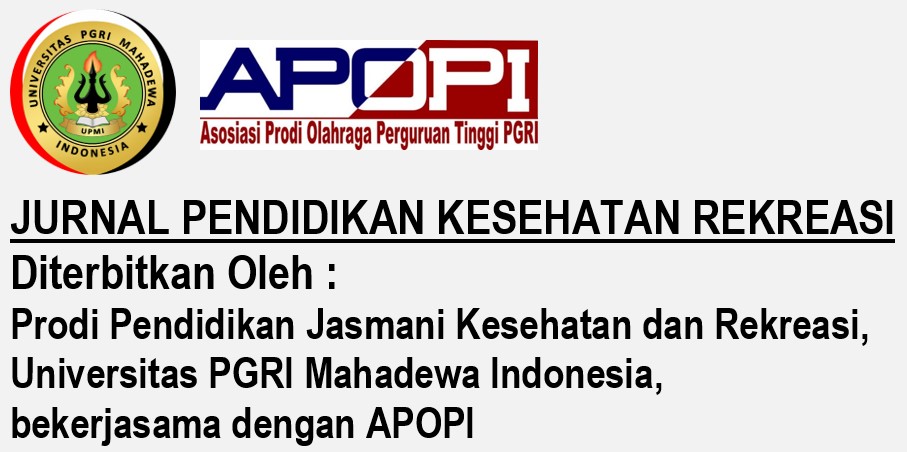Analisis Manajemen Fasilitas Olahraga di Sumatera Barat
DOI:
https://doi.org/10.5281/zenodo.6783739Keywords:
manajemen, fasilitas, olahragaAbstract
Tujuan dari penelitian ini adalah untuk mengetahui bagaimana GOR H. Agus Salim Kota Padang menangani manajemen olahraga. Penelitian ini merupakan penelitian deskriptif kualitatif. Observasi, wawancara, dan dokumentasi digunakan untuk mengumpulkan informasi. Ada tiga orang yang dilibatkan dalam penelitian ini, yakni Ketua Disdikpora Kota Padang, Kepala Seksi Prasarana, dan pegawai GOR H. Agus Salim. Persistensi, kredibilitas, ketergantungan, transferabilitas, dan konfirmabilitas digunakan untuk menentukan validitas data. Reduksi data, penyajian, dan penarikan kesimpulan semuanya digunakan dalam pendekatan analisis data. Temuan menunjukkan bahwa perencanaan GOR H. Agus Salim telah selaras dengan visi dan tujuannya, yaitu untuk meningkatkan dan membangun infrastruktur GOR H. Agus Salim sehingga lebih eksekutif dan dikelola secara efektif. Kerangka hubungan kerja antara kepala bidang infrastruktur, staf, dan personel pada dasarnya identik dengan manajemen olahraga. Penempatan dan orientasi pegawai hampir sama dengan norma manajemen olahraga, yaitu merespons keadaan dan lingkungan GOR H Agus Salim. Arahan yang dirancang merupakan model pengendalian bebas yang dilaksanakan melalui pembinaan komunikasi yang efektif antar karyawan melalui pendekatan personal. Sebulan sekali, pertemuan dengan rencana penilaian dan laporan kerja diadakan untuk melakukan kontrol.
Downloads
References
Creswell, W. J., & Creswell, J. D. (2018). Research Design: Qualitative, Quantitative adn Mixed Methods Approaches. In Journal of Chemical Information and Modeling (Vol. 53, Nomor 9). file:///C:/Users/Harrison/Downloads/John W. Creswell & J. David Creswell - Research Design_ Qualitative, Quantitative, and Mixed Methods Approaches (2018).pdf%0Afile:///C:/Users/Harrison/AppData/Local/Mendeley Ltd./Mendeley Desktop/Downloaded/Creswell, Cr
Daddi, T., Rizzi, F., Pretner, G., Todaro, N., Annunziata, E., Frey, M., & Iraldo, F. (2022). Environmental management of sport events: a focus on European professional football. Sport, Business and Management: An International Journal, 12(2), 208–232. https://doi.org/10.1108/SBM-05-2020-0046
Emery, P., & O’Boyle, I. (2015). The Sports Management Toolkit. In Sport Management Review (Vol. 18, Nomor 3). https://doi.org/10.1016/j.smr.2014.09.003
Kenyon, J. A., Mason, C., & Rookwood, J. (2018). Emerging third-sector sports organisations and navigating uncertainty in an ‘era of austerity’: a single ethnographic case study from Liverpool. International Journal of Sport Policy, 10(1), 25–42. https://doi.org/10.1080/19406940.2018.1425732
López-Carril, S., Alguacil, M., & Anagnostopoulos, C. (2022). LinkedIn in sport management education: Developing the students’ professional profile boosting the teaching-learning process. International Journal of Management Education, 20(1). https://doi.org/10.1016/j.ijme.2022.100611
Mohayya, M., Ehsani, M., Saffari, M., & Hossini, R. N. S. (2021). The Challenges of Educational Sport in Iran: A Review Study. Annals of Applied Sport Science, 9(4). https://doi.org/10.52547/AASSJOURNAL.966
Parnell, D., May, A., Widdop, P., Cope, E., & Bailey, R. (2019). Management strategies of non-profit community sport facilities in an era of austerity. European Sport Management Quarterly, 19(3), 312–330. https://doi.org/10.1080/16184742.2018.1523944
Parnell, D., Spracklen, K., & Millward, P. (2017). Sport management issues in an era of austerity. European Sport Management Quarterly, 17(1), 67–74. https://doi.org/10.1080/16184742.2016.1257552
Qian, H. (2021). Optimization of Intelligent Management and Monitoring System of Sports Training Hall Based on Internet of Things. Wireless Communications and Mobile Computing, 2021. https://doi.org/10.1155/2021/1465748
Raharja, D. S. P., Kusmaedi, N., Ma’mun, A., & Berliana. (2021). Sports facilities and local government policy: A case study in West Java, Indonesia. International Journal of Human Movement and Sports Sciences, 9(4), 71–76. https://doi.org/10.13189/saj.2021.091312
Ratten, V. (2016). Sport innovation management: towards a research agenda. In Innovation: Management, Policy and Practice (Vol. 18, Nomor 3). https://doi.org/10.1080/14479338.2016.1244471
Sadeqi-Arani, Z., & Ghahfarokhi, E. A. (2022). Sports Business Resilience in the COVID 19 Crisis: The Delphi Qualitative Approach. Iranian journal of Management Studies, 15(1), 69–84. https://doi.org/10.22059/IJMS.2021.315742.674355
Santacruz Lozano, J. A., Mateos, M. E., Remón, A. C., & Jiménez-Beatty Navarro, J. E. (2021). Spanish sport facilities: Differences between public and private, and according to their business model. Retos, 39, 38–45. https://doi.org/10.47197/retos.v0i39.74842
Schwarz, E. C., Hall, S. A., & Shibli, S. (2009). Sport facility operations management. In Sport Facility Operations Management. https://doi.org/10.4324/9781856178372
Sretenka Dugalić, Krsteska, A. (2015). Challenges of Sports Facilities and Projects Management in the XXI Century CHALLENGES OF SPORTS FACILITIES AND PROJECTS MANAGEMENT. SPORT- Science & Practice, January 2013
Sun, Z. (2015). A brief analysis of sports venues in colleges and universities. Asian Social Science, 11(16), 114–117. https://doi.org/10.5539/ass.v11n16p114
Taks, M., Green, B. C., Misener, L., & Chalip, L. (2014). Evaluating sport development outcomes: The case of a medium-sized international sport event. European Sport Management Quarterly, 14(3), 213–237. https://doi.org/10.1080/16184742.2014.882370
Winfree, J. A., Rosentraub, M. S., Mills, B. M., & Zondlank, M. P. (2019). Sport Finance and Management. Real Estate, Media, and the New Business of SporT
Downloads
Published
How to Cite
Issue
Section
License
Copyright (c) 2022 Nugroho Susanto, Nuridin Widya Pranoto, S. M. Fernanda Iragraha, Khoiril Anam

This work is licensed under a Creative Commons Attribution-NonCommercial-ShareAlike 4.0 International License.
Jurnal Pendidikan Kesehatan Rekreasi is published under the terms of Creative Commons Attribution 4.0 International License / CC BY NC SA 4.0. This license permits others to copy, distribute, modify, and create derivative works for non-commercial purposes only














